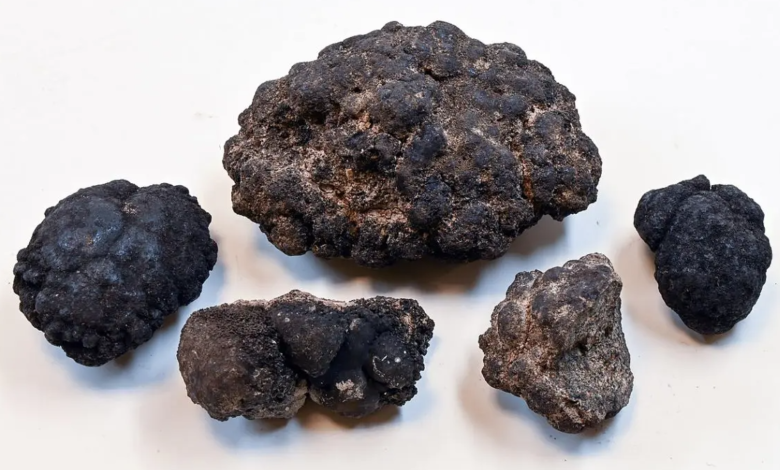Deep sea mining moratorium: Canada curbs offshore mines

So far only a handful of countries are calling for a moratorium on deep sea mining
We know too little about its impacts and there is not a legal framework strong enough to extract precious metals from the ocean depths in a safe and sustainable way. With these reasons, today Canada has officially asked a moratorium on deep sea mining. This was said by the Ministers for the Environment, Natural Resources and Fisheries of Ottawa during the opening of the 5th International Congress on Marine Protected Areas (IMPAC5), held in Canada.
Who wants a moratorium on deep sea mining and why
Canada thus joins a handful of other countries that want more caution on deep sea mining: France, Germany and Spain in Europe, and other countries facing the Pacific -where the most promising deposits are concentrated- such as Chile, New Zealand, Fiji and Palau. At the request, the American country joins the facts. The owner of Natural Resources, Jonathan Wilkinson, has also announced internal legislation that will ban the possibility of extracting copper, lithium, cobalt and other minerals from the seabed under Canadian territorial waters.
“It is in fact a moratorium until we actually know what we need to know to make decisions about seabed extraction,” Wilkinson said. “Canada’s position on the areas over which we have jurisdiction and Canada’s position on the international issue are exactly the same,” he added.
Read also Moratorium on deep sea mining, Palau and Fiji against underwater mines
There are three conditions for deep-water mining in Canada: conservation measures to protect the ocean ecosystem, a strict regulatory structure, and scientific-based management and monitoring.
The underwater treasures
It is Canadian one of the most launched companies in the exploitation of seabed treasures, The Metals Company. The company recently went into the spotlight because it spilled large amounts of sediment into the sea during a test phase over the Clarion-Clipperton Zone, the richest deposit in the world.
It is in particular rock formations on the seabed that the greatest concentration of many critical metals is found, such as cobalt which is essential for lithium batteries or nickel which serves for many of the renewable technologies but is also present in almost all smartphones. Or copper, the mainstay of all our electrical infrastructure.





